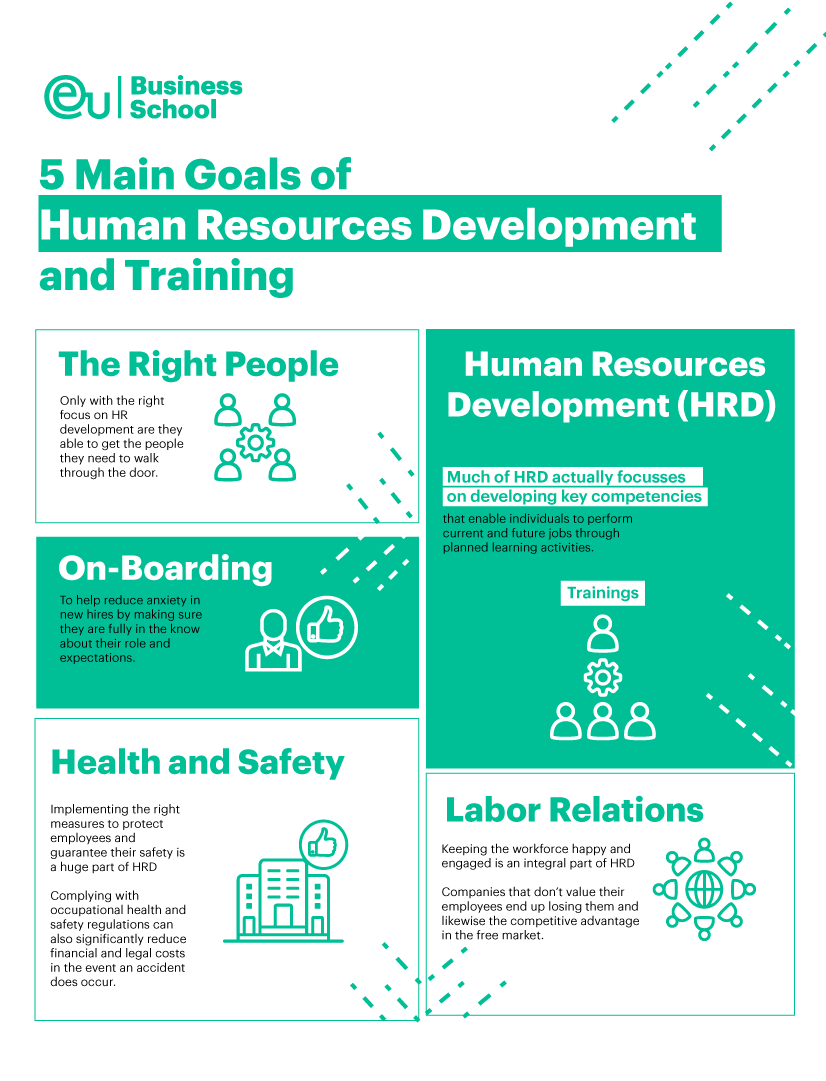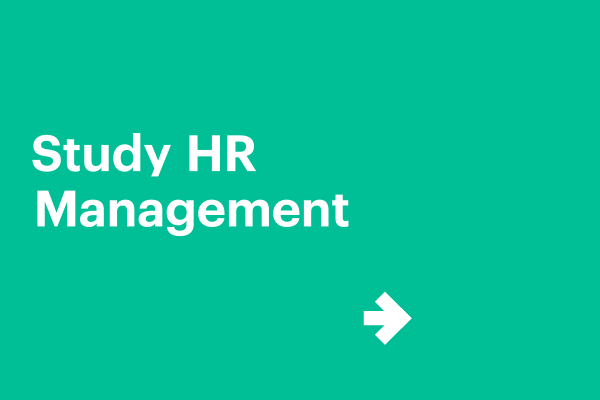HR is a key protagonist in any company’s success story. Their activities are usually geared towards employee satisfaction, improving productivity and maintaining a positive company culture. Simply put, without the proper investment in personnel, there’s little chance any company could grow and be prosperous this day and age.
What Is Human Resources and Why Is It Important?
The HR department is the lifeblood of the internal workforce. They help develop, hire and retain the workforce of an organization, business sector or an economy. If you’re still deciding whether you should specialize in human resources in your program, here are the top five most important reasons why any small, medium or big company needs an HR department:
1. The Right People
Human capital in a business is the fulcrum around which the company’s success revolves. Without the right focus on HR, businesses won’t be able to bring in, retain or develop the people needed to take a company to the next level. In the labor market there may be a shortage of talent or, in many cases, lucrative talent not actively seeking work. That’s where HR steps in by launching recruitment campaigns or hiring ‘headhunters.’
Without the right recruitment practices or staffing measures, companies will have a hard time identifying and fulfilling talent needs. Only with the right focus on HR development are they able to get the people they need to walk through the door.
2. On-Boarding
Many of today’s modern corporations still struggle to properly onboard new employees. Onboarding activities are supposed to train new employees to become productive quickly and to prepare them for integration within the organization. Being new to a company can also be a bit stressful. That’s why part of an HR department’s mandate is to help reduce anxiety in new hires by making sure they are fully in the know about their role and expectations.
3. Human Resources Development (HRD)
Being able to bring in the right people is one challenge but bringing in the right people, retaining them, and helping them develop in a mutually beneficial manner is another. In many cases, the latter two processes are a step closer towards company success. Much of HRD actually focusses on developing key competencies that enable individuals to perform current and future jobs through planned learning activities. The kind of training that HR development can provide can range from internal training to external educational programs, conferences and more.
These steps not only provide value to the employees, but they keep their skillsets up to date in their respective fields. Investing in employees shows that the organization cares not only about the bottom line, but the success of their individual careers as well.
4. Health and Safety
Every employee should feel safe at their workplace, regardless of type of job being carried out. And when the job does involve physical labor or contains an element of risk, the importance of human resources is further magnified. Implementing the right measures to protect employees and guarantee their safety is a huge part of HRD, where they train and communicate possible health and safety issues at the workplace. This could be anything from sitting properly in your chair to taking adequate breaks from working on the computer. In the end, having the right focus on an internal safety culture can prevent damage to the corporate image and profitability. Complying with occupational health and safety regulations can also significantly reduce financial and legal costs in the event an accident does occur.
5. Labor Relations
Keeping the workforce happy and engaged is an integral part of HRD. This is especially important in sectors subject to oversight in the form of labor unions or governing entities that keep a watchful eye on common issues occurring within the workplace. Violating labor relations can not only sour the corporate culture, but in many sectors bring about heavy fines and disciplinary actions. Companies that don’t value their employees end up losing them and likewise the competitive advantage in the free market.
Human resources is a branch within a company that has gained more importance over the years and thus a greater role in a company’s success. Many corporations worldwide have made it their highest priority and they’re constantly creating new positions within the department to ensure a stable future of the organization. HR specialists are in the unique position of leading the future of work and the future is now – it’s your turn to make the move!
Build Your HR Skills at EU Business School
Thinking of a career in human resources? If so, check out our BA (Hons) in Business Management (HR Management). Or, if you are looking to refine your skillset at the graduate level, take a look at our MSc in International Management with a focus on Human Resources Management or the MBA with a major in Human Resources Management.














